Video games go hand-in-hand in some people's minds with overeating, sedentary lifestyles and being generally unhealthy.
But psychologists at Drexel University are seeking to do the exact opposite of that with a new study.
Project DASH, started by the Psychology department at Drexel, is now recruiting men and women who want to re-train their brains to "say 'no' to tempting sweet treats and reach for healthier options instead."
That means no more chocolate.
How did this game come about?
Well, Dr. Evan Forman, PhD, who leads the Center for Weight, Eating and Lifestyle Science (WELL Center) at Drexel University, knows the dangers of added/refined sugar and how addictive it can be.
"Added sugar is one of the biggest culprits of excess calories and is also associated with several health risks including cancer," said Forman.
"For these reasons, eliminating added sugar from a person's diet results in weight loss and reduced risk of disease."
So, Forman needed a tool to work against the addictive power of sugar.
The tool they came up with? A brain-training game designed to positively reinforce healthy choices.
"Cognitive, or 'brain, training' games have been used to help people reduce unhealthy habits, like smoking," said Forman.
"We were also seeing positive results from labs using computer training programs."
Project DASH, which used the game (called Diet DASH) was a ten-week study which incorporated the game, but other cognitive strategies as well.
"The workshop helped give participants strategies for following a no-sugar diet. However, we hypothesized that participants would need an extra tool to help manage sweets cravings," said Forman.
"The daily trainings could make or break a person's ability to follow the no-added sugar diet. They strengthen the part of your brain to not react to the impulse for sweets."
The tool in question was of course the game.
'Diet Dash' Video Game Trains Your Brain to Not Want Sugarwww.youtube.com
The object of the game is to move as quickly as possible through a supermarket and choose healthy foods for extra points. Unhealthy foods subtract points.
According to the Drexel website:
"for over half of the participants, who showed higher preferences toward sweets, playing the game helped them lose as much as 3.1 percent of their body weight over eight weeks."
The game has started to garner online attention.
And due to the relative success of the study, hopes to have a future ahead.
The new trial of the game is seeking specifically overweight men between the ages of 25 and 50.
Yay, gaming with health benefits!

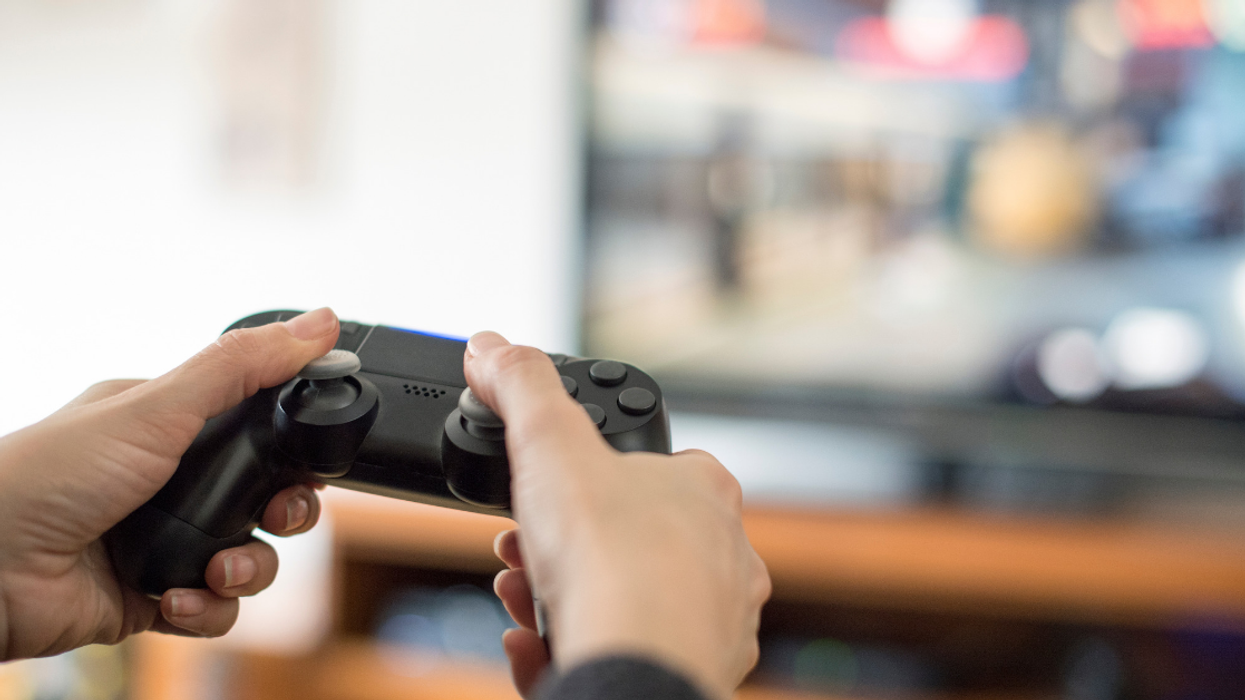

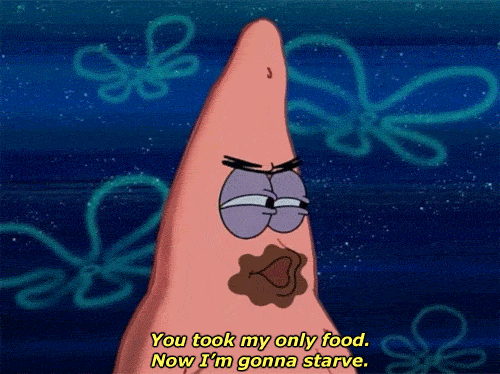
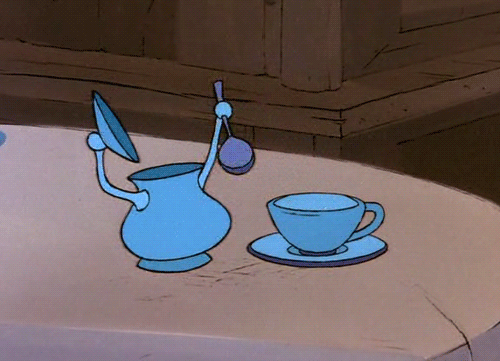







 @
@ Baller Alert/Facebook
Baller Alert/Facebook Baller Alert/Facebook
Baller Alert/Facebook Baller Alert/Facebook
Baller Alert/Facebook Baller Alert/Facebook
Baller Alert/Facebook Baller Alert/Facebook
Baller Alert/Facebook Baller Alert/Facebook
Baller Alert/Facebook Baller Alert/Facebook
Baller Alert/Facebook Baller Alert/Facebook
Baller Alert/Facebook Baller Alert/Facebook
Baller Alert/Facebook Baller Alert/Facebook
Baller Alert/Facebook Baller Alert/Facebook
Baller Alert/Facebook Baller Alert/Facebook
Baller Alert/Facebook





 @MeghanMcCain/X
@MeghanMcCain/X
 @lisa_catara/Instagram
@lisa_catara/Instagram @pt.markymark/Instagram
@pt.markymark/Instagram @_carrie.elle_/Instagram
@_carrie.elle_/Instagram @conwaynorwood/Instagram
@conwaynorwood/Instagram @dav.is1769/Instagram
@dav.is1769/Instagram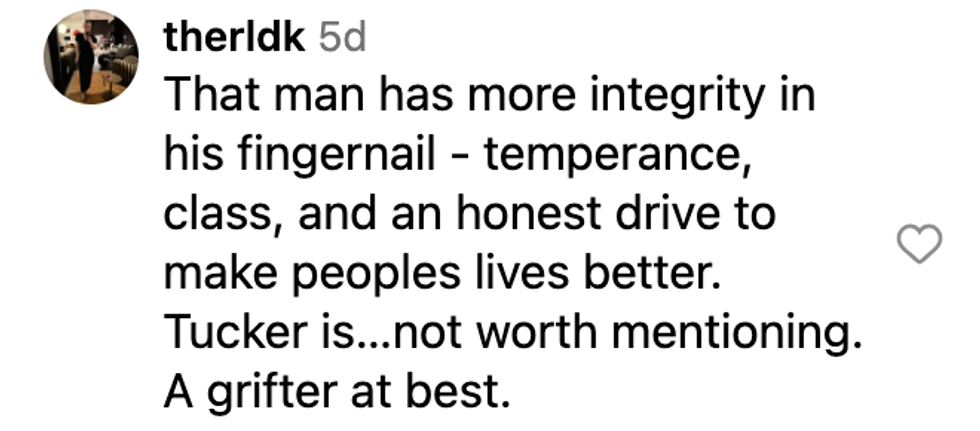 @therldk/Instagram
@therldk/Instagram @sessa_ave/Instagram
@sessa_ave/Instagram @biancadoesnyc/Instagram
@biancadoesnyc/Instagram
 Bored Season 3 GIF by The Office
Bored Season 3 GIF by The Office  las vegas fun GIF
las vegas fun GIF 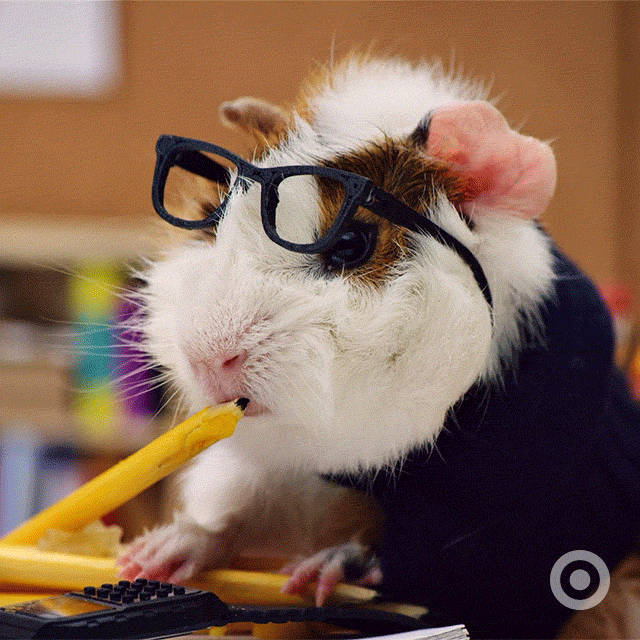 Looking Back To School GIF
Looking Back To School GIF 
 @thedrewbarrymoreshow/Instagram
@thedrewbarrymoreshow/Instagram @thedrewbarrymoreshow/Instagram
@thedrewbarrymoreshow/Instagram @thedrewbarrymoreshow/Instagram
@thedrewbarrymoreshow/Instagram @thedrewbarrymoreshow/Instagram
@thedrewbarrymoreshow/Instagram @thedrewbarrymoreshow/Instagram
@thedrewbarrymoreshow/Instagram @thedrewbarrymoreshow/Instagram
@thedrewbarrymoreshow/Instagram @thedrewbarrymoreshow/Instagram
@thedrewbarrymoreshow/Instagram @thedrewbarrymoreshow/Instagram
@thedrewbarrymoreshow/Instagram @thedrewbarrymoreshow/Instagram
@thedrewbarrymoreshow/Instagram @thedrewbarrymoreshow/Instagram
@thedrewbarrymoreshow/Instagram @thedrewbarrymoreshow/Instagram
@thedrewbarrymoreshow/Instagram @thedrewbarrymoreshow/Instagram
@thedrewbarrymoreshow/Instagram